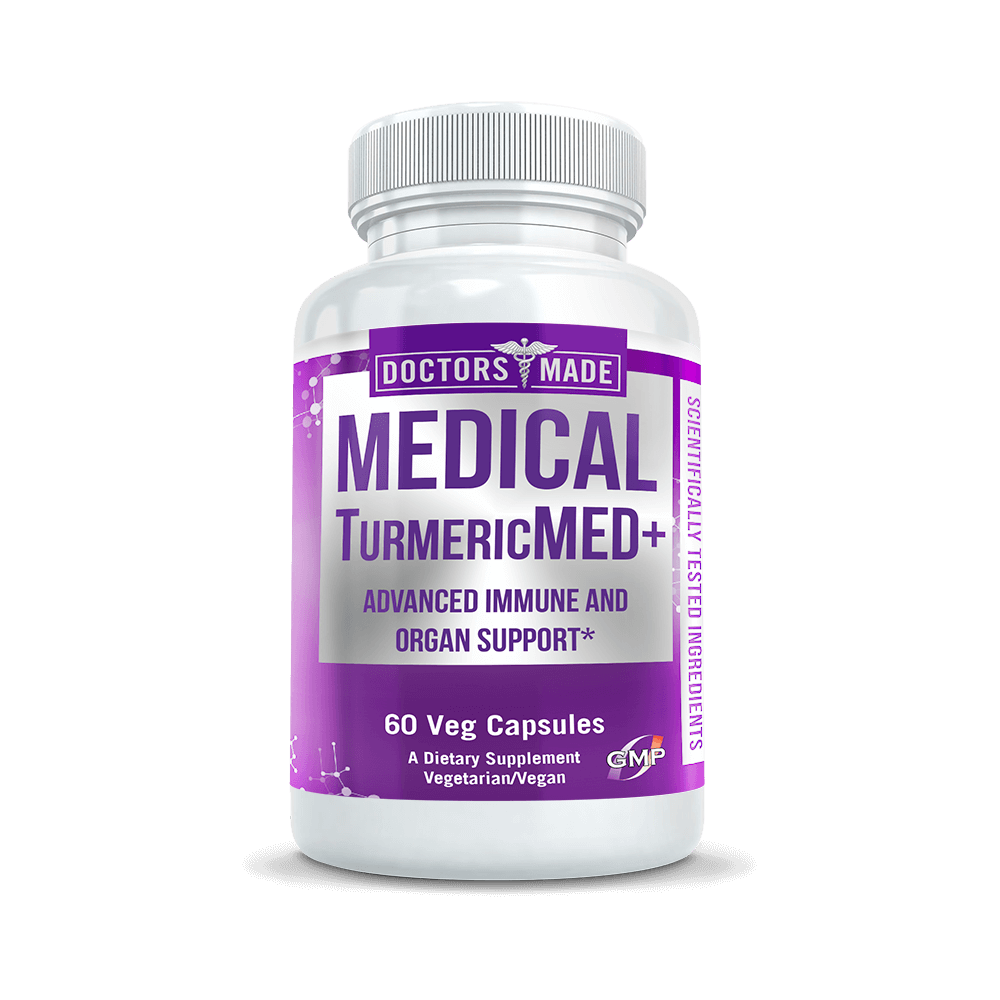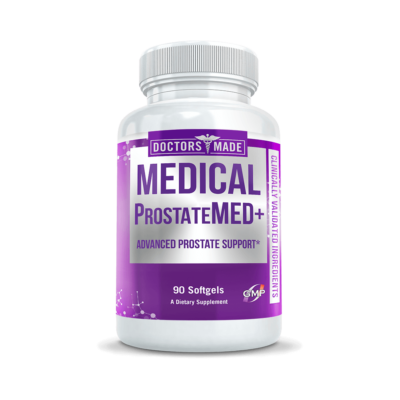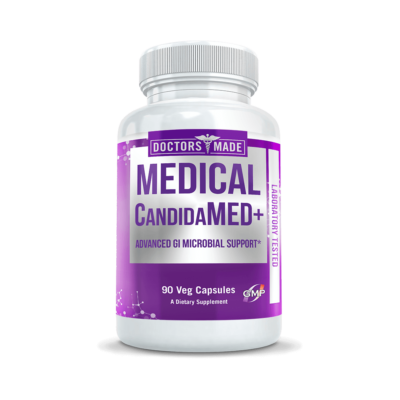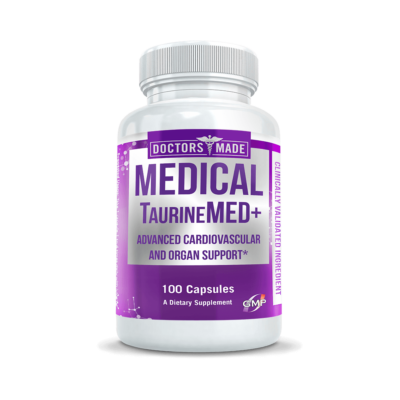1. Fiala, M., Liu, P.T., Espinosa-Jeffrey, A., et al. Innate immunity and transcription of MGAT-III and Toll-like receptors in Alzheimer’s disease patients are improved by bisdemethoxycurcumin Proceedings of the National Academy of Sciences of the United States of America 104(31), 12849-12854 (2007).
2. Masoumi, A., Goldenson, B., Ghirmai, S., et al. 1α,25-dihydroxyvitamin D3 interacts with curcuminoids to stimulate amyloid-β clearance by macrophages of Alzheimer’s disease patients J.Alzheimers Dis. 17(3), 703-717 (2009).
3. Cashman, J.R., Fhirmai, S., Abel, K.J., et al. Immune defects in Alzheimer’s disease: New medications development BMC Neuroscience 9(Suppl2), S13(2008).
4. Sandur, S.K., Pandley, M.K., Ahn, K.S., et al. Curcumin, demethoxycurcumin, bisdemethoxycurcumin, tetrahydrocurcumin and turmerones differentially regulate anti-inflammatory and anti-proliferative responses through a ROS-independent mechanism Carcinogenesis 28(8), 1765-1773 (2007).
5. Basile, V., Ferrari, E., Lazzari, S., et al. Curcumin derivatives: Molecular basis of their anti-cancer activity Biochemical Pharmacology 78(10), 1305-1315(2009).
6. Ryu, M.J., Cho, M., Song, J.Y., et al. Natural derivatives of curcumin attenuate the Wnt/β-catenin pathway through down-regulation of the transcriptional coactivator p300 Biochemical and Biophysical Research Communications 377(4), 1304-1308 (2008).
7. Mahattanadul, S., Nakamura, T., Panichayupakaranant, P., et al. Comparative antiulcer effect of bisdemethoxycurcumin and curcumin in a gastric ulcer model system Phytomedicine 16(4), 342-351 (2009)







Reviews
There are no reviews yet.